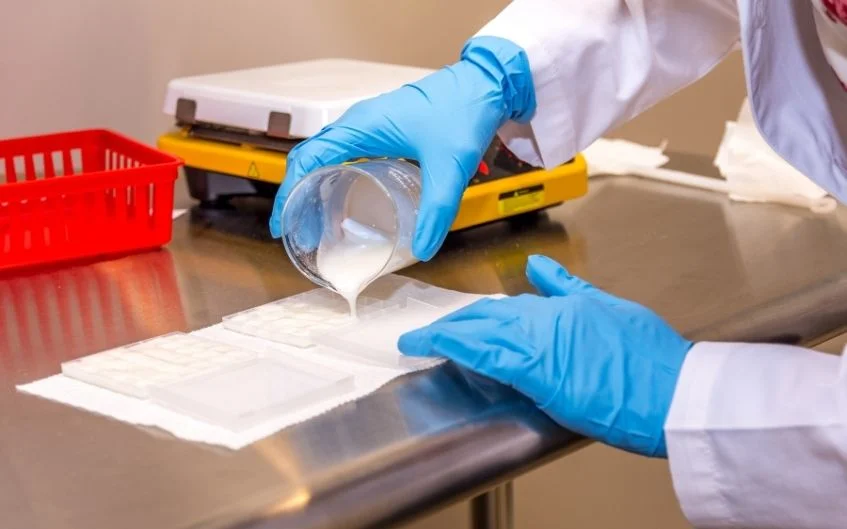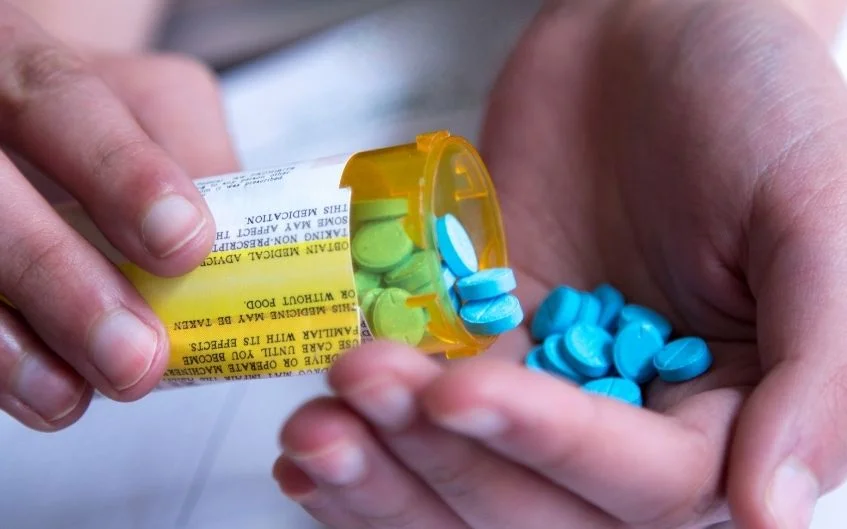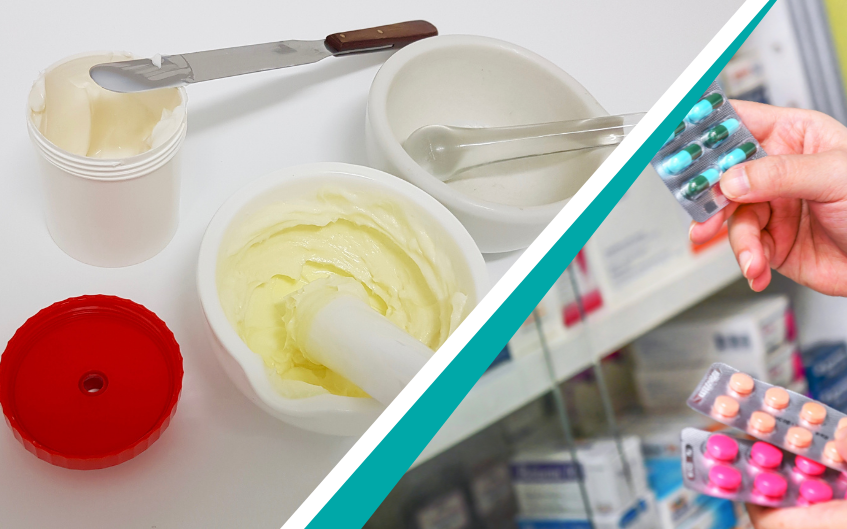For buying medicine, you visit a pharmacy but it is the real dilemma when to visit a compounding pharmacy and when to visit a retail pharmacy. Here, we will be dealing with the comparison of compounding pharmacy vs. retail pharmacy.
As we all know that pharmacies are a huge part of the healthcare system but compounding pharmacy vs. regular pharmacy is still a question to many. No matter, if you are a pharmacist, a doctor, or even a patient, you should read this article to length to get a complete understanding about all the differences between compounding pharmacy vs. regular pharmacy.
What is a Compounding Pharmacy?

Everyone is aware of regular pharmacies. The real question is what are compound pharmacies? Well, a general pharmacy sells medicines and the compound pharmacy sells compounded or customized medicines. Compounding pharmacy meaning tells us that you can find your specific compounded medications according to specific prescriptions that are generally not available at regular pharmacies.
Compound pharmacies prepare medicines according to patients’ special needs. They take care of both – the doctor’s prescription and the patient’s requirements. If you are thinking to establish your own compounding pharmacy, according to Maryland pharmacy laws, first you should get a sterile compounding permit. Without this permit, compounding pharmacies cannot function at all.
What is the difference between a Pharmacy and a Specialty pharmacy?

A compounding or specialty pharmacy differs from a regular or a retail pharmacy in a number of ways. Previously, specialty pharmacies were established to compound medicines with different dosages and ingredients. Now dosage and ingredients are not much of a problem, all thanks to the flourished and advanced drug industry and OTC medicines; however, some patients still need certain customization with their medications.
Here we will be discussing some of the major differences between a regular pharmacy and compounidng pharmacy.
1. Specific Dosages
Compounding pharmacies are up for a number of other compounding dosages with advanced customizations like favorite flavors and state – capsule or syrup. On the other hand, regular pharmacies just sell regular OTC medicines with fixed dosages.
2. Production of hard-to-find or Unavailable Medications
Companies keep on introducing new products into the market. At the same time, they also keep on putting old medication off from the market. They take these decisions by assessing data showing low usage of medications by the masses but that does not mean that the patients won’t need those specific medicines anymore. As regular pharmacies won’t provide those medicines anymore, you should contact a compound pharmacy. Compound pharmacies have the ingredients to prepare these currently unavailable medications. Apart from that, some medications are hard-to-find because of their rare ingredients. These medicines can also be found at specialty pharmacies.
3. Compound Medicines
Some patients are just not able to consume the usual medications. For example, your pet isn’t swallowing the pills, or your child is vomiting out the syrup because he does not like the taste of it. If you are facing any similar scenarios then you should visit a specialty pharmacy. Pharmacists at a compounding pharmacy will customize a compound medicine according to your demands including an additional ingredient for better taste, turning pills into a powder or excluding an ingredient depending on your allergies.
Compounding medications examples include medications for pets, children, elders and people with allergies etc.
4. Specialized Care instead of Mainstream Care
Retail pharmacies have standard dosages for everyone. They provide the same mainstream medications to every customer despite their specific needs. On the other hand, compounding pharmacies provide specialized care by taking into consideration the specific conditions of each and every customer.
5. Changing the State of a Medication
Compounding pharmacy should have an edge in a compounding pharmacy vs. retail pharmacy debate because compound pharmacies are way more beneficial for customers. For instance, your doctor has prescribed you an oral medicine but you are not comfortable consuming it, or you might be allergic to any one of its ingredients. In both cases, you’ll need to visit a compound pharmacy where you can get the state of the medicine changed.
At a specialty pharmacy, the pharmacists can customize medicines in any of the following states.
- Syrup or liquid
- Ointment, cream, balm, or any other topical form
- Powder
- Capsule
- Pills
6. FDA approval
Retail pharmacies contain drugs that are pre-approved by FDA but compounding and FDA regulations are not applicable on compounded medications as they won’t have a standard procedure like OTC medications. That’s the only doubtful drawback of compounding medications.
Is a Compounding Pharmacy more Expensive?

When talking about compounding pharmacy vs. retail pharmacy, the expenditure is an important point to consider. Compounding pharmacies use hard-to-find ingredients to prepare medications according to your needs. It is evident that these hard-to-find ingredients will cost more and the pharmacist will also charge for his labor. Hence, compounding pharmacies will be more expensive than regular pharmacies.
Here are a few tips to keep the cost as low as possible at compounding pharmacies.
- Try to use more common and cheaper ingredients. Have a look at all the available alternatives and then decide accordingly.
- Different medicine state cost differently. For example, topical drugs are cheaper than oral drugs.
- Compounding medications are cheaper when bought in bulk. This saves you of the pharmacists’ labor cost.
These tips may surely help you out in reducing the cost to a great extent; however the overall cost of compounding medications may remain a little higher than what you may have to pay at regular pharmacies.
Can Retail Pharmacies Compound?
Yes, retail pharmacies can compound too; however, they can do so only in a limited scale. They offer little compounding to only a few customers. They cannot advertise them as compounding pharmacies. Most of their products are “off-the-shelves”. If you need customized medicines, it is advised to visit a compounding pharmacy rather than a retail pharmacy. You can find a whole list of compounding pharmacies in US. You can also try our compounding pharmacy in Maryland that is surely a step ahead of all the others. We focus on patient requirements as well as their budget to come up with a medicine that is not the only best fit for their specific condition but also for their budget.


